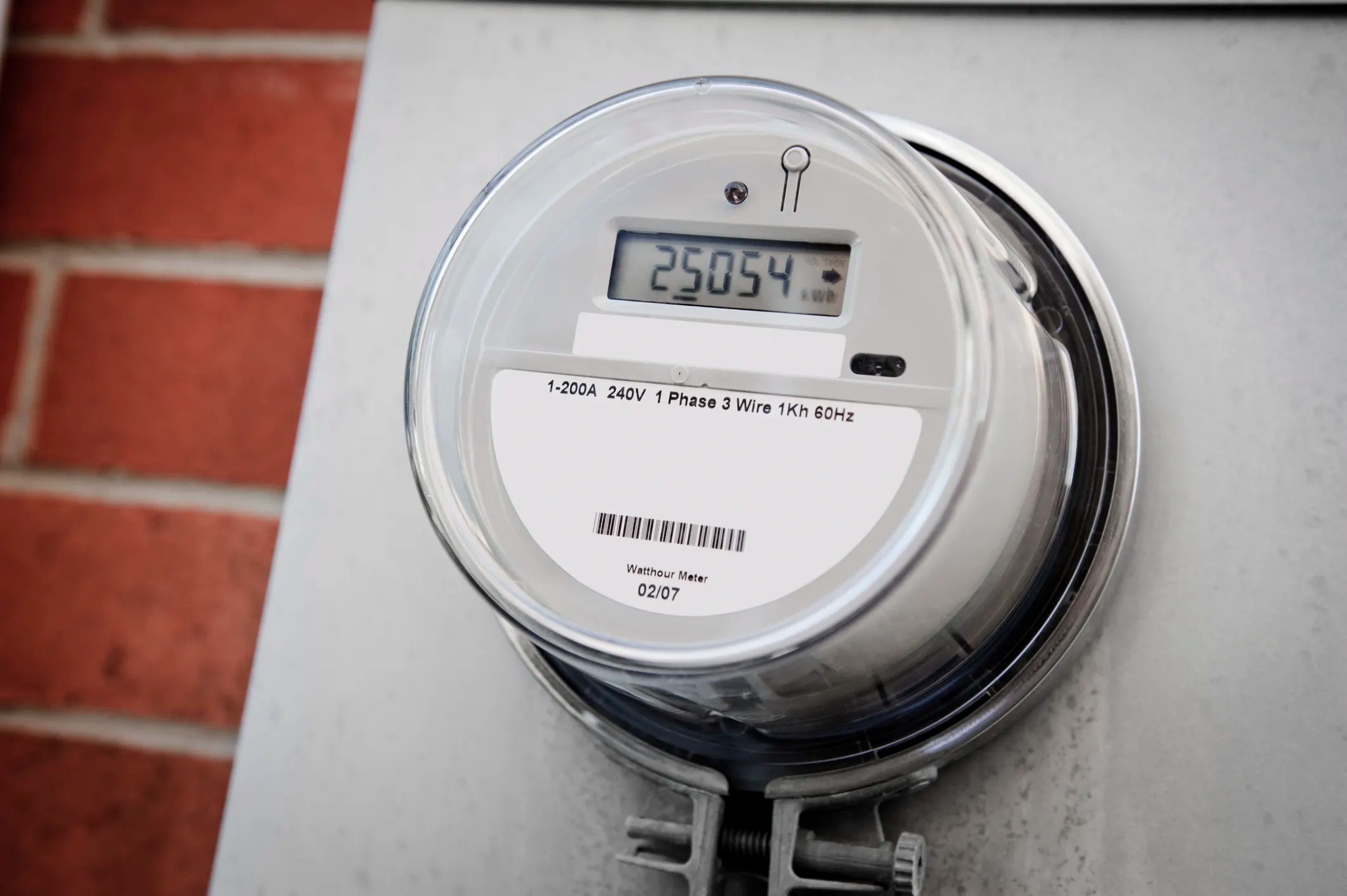Smart Meters Are Not Dangerous

In a past post, we touched upon smart meters, as covered in ANSI C12.22-2012 – Protocol Specification For Interfacing to Data Communication Networks, which send wireless signals on energy usage data to the utility company so that they can accurately determine cost. However, as we also mentioned, the existence of smart meters has spawned several groups of opposition theorists dedicated to exposing what they feel is the truth behind their usage.
Primary complaints coming from this group are that smart meters cause adverse health effects, invade civil liberties and the users’ right to privacy, can lead to electrical fires and explosions, and that people have even seen an increase in their energy cost after the installation of a smart meter.
Smart Meter Adverse Health Effects
Let’s look at the first critique, as it is to many the most threatening. Of the health complaints raised against smart meters, the most extreme is the idea that exposure to the electromagnetic waves might have a correlation with cancer. This fear derives from the low-energy radiofrequency (RF) waves that smart meters give off.
According to the American Cancer Association, “it would be nearly impossible to conduct a study to prove or disprove a link between living in a house with smart meters and cancer because people have so many sources of exposure to RF and the level of exposure from this source is so small.” The American Cancer Association, which retains an incredibly cautious approach on the matter, also acknowledges that radiofrequency waves cannot damage DNA. There is simply no evidence indicating that smart meters can cause cancer.
In addition to the fear of cancer, the anti-smart meter organization Stop Smart Meters! has stated that thousands of people have complained of tinnitus, headaches, nausea, sleeplessness, heart arrhythmia, and other symptoms after having a smart meter installed in or near their homes. The organization claims that these problems are related to electromagnetic hypersensitivity (EHS), a condition that has also been called a Wi-Fi allergy. However, studies conducted on EHS have shown that it is characterized by a variety of non-specific symptoms and EHS individuals cannot detect EMF exposure any more accurately than non-EHS individuals.
According to the WHO, EHS is not a medical diagnosis, and treatment should focus on health symptoms and the clinical picture, “not on the person’s perceived need for reducing or eliminating EMF in the workplace or home”.
Smart Meter Invasion of Privacy
Using a smart meter does give specific information to the utility, but it’s really not so different from the data that they are given through an analog meter. The primary distinction is that a smart meter is real-time, while an analog meter gives the utility the aggregate kWh used in one month.
While there are sensors that can detect the electricity’s origin, to see how much energy a fridge might consume, for example, these are not part of the main smart meter. If users feel that the sensors invade their privacy, they don’t need to have them installed. However, they can be very helpful, and, as noted by Shwetak Patel, winner of a 2011 Macarthur Fellowship for creating inexpensive sensor tech, it is similar to the records tracked through a credit card or telephone bill.
Smart Meter Electrical Fires
There have been reports of electrical fires on or near smart meters, but there is currently no peer reviewed literature indicating that smart meters are the cause. Since analog and smart meters use similar internal mechanisms for measuring electricity, it’s unlikely that they are the cause of these fires. Some companies have undertaken investigations of these fires, such as BC Hydro Regeneration, which has rigorously tested and installed 560,000 smart meters.
In 2014, smart meter vendor SaskPower decided to pull 105,000 meters made by Sensus after eight reports of them catching fire. Even though the meters pass UL guidelines and the fires have been attributed to long-standing errors made by the utility, they are still facing pressure and blame from the public. In this instance, like many others, the smart meters have been falsely blamed.
Smart Meters Less Efficient
According to the anti-smart meter groups, many smart meter users’ bills have increased after making the switch from analog meters. There are different explanations for why this might have occurred, but the strongest reason is that these meters are more accurate than analog meters.
On their website, Stop Smart Meters! cites an article by Reuters titled “Smart meters alone may not save much energy –study” as evidence that smart meters do not save energy and might actually use more than analog meters. However, this interpretation overlooks the purpose of both the article and smart meters themselves. By identifying the exact times and even appliances that consume the most energy, consumers can make use of data to understand how to cut down electricity usage. Just having a smart meter isn’t meant to reduce energy use, but it gives people the means to do so.
Fear of Smart Meters Creates Fear of Smart Meters
In relation to the validity of claims made by anti-smart meter groups, it is always important to look at the sources of the information. One of the main citations used by many of these groups is a Wireless Utility Meter Impacts Survey, which received correspondence from 443 people who have smart meters or their homes or communities, mostly in California with Pacific Gas & Electric as their main utility provider.
While this survey has been used as evidence that smart meters do in fact contribute to health issues, it does not strongly indicate such a view. Even though 40 percent stated that they suffered from headaches, and a similar amount had sleep problems and stress, there was a resounding amount of people that answered “I don’t know” for many questions.
For example, when asked if they, or a member of their household, were EMF sensitive (sensitive to electromagnetic fields), 48.7 percent answered yes, but a comparable 40 percent said that they didn’t know. Ironically, the survey was conducted via email and social media, so the respondents were being bombarded by electromagnetic waves as they submitted this response.
Fear is easily spread, but it transfers with even greater ease when it relates to new technology. As author Douglas Adams once stated, “anything that is in the world when you’re born is normal and ordinary and is just a natural part of the way the world works.” It is easy to be mistrustful of something new and different because it doesn’t conform to your worldview, but this doesn’t mean that there is anything inherently wrong with the new technology.
The Truth Behind Smart Meters
According to modern data, smart meters are safe and are not more costly. However, there are real issues that must be confronted in relation to smart meters, such as their compatibility with smart grids. In addition, real time data sent the utility will reduce the need for meter readers, and the industry could suffer job losses.







can i switch back to my old meter